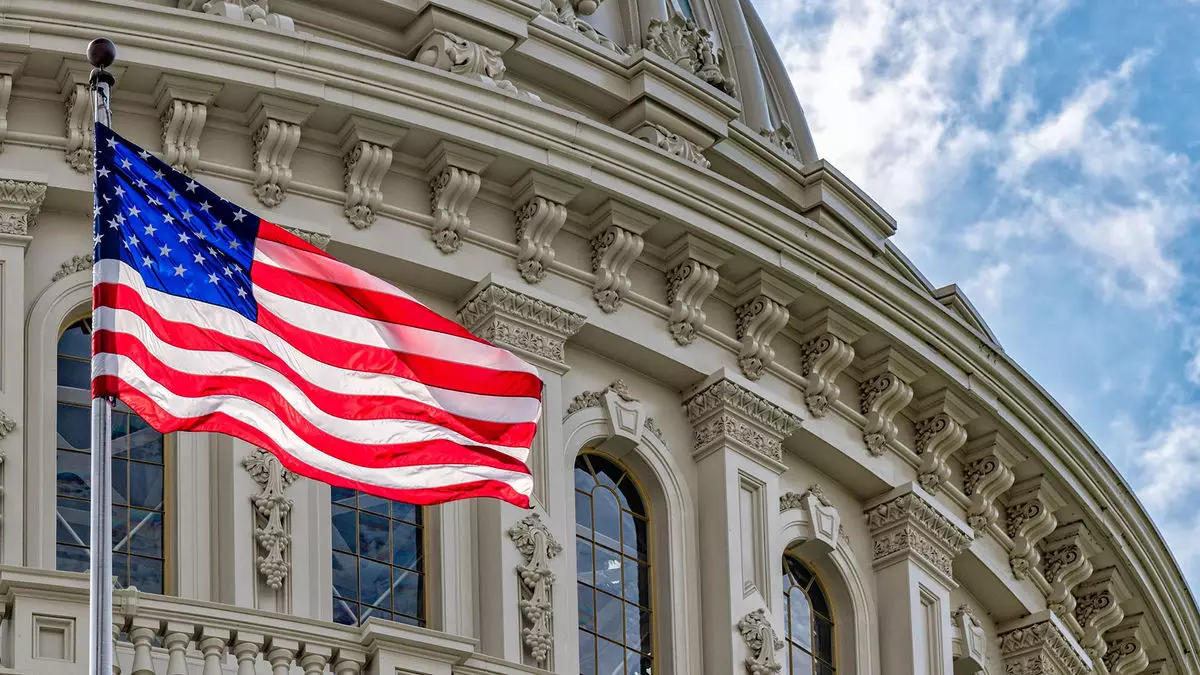After a series of delays, the House and Senate have finally come to an agreement on the FAA reauthorization bill. This bill, with funding amounting to $105 billion until September 2028, covers a wide range of aspects within the aviation industry.
One of the key components of this bill is to enhance aviation safety by increasing the required retention time for cockpit recordings to 25 hours, a significant increase from the previous two hours. Additionally, the bill mandates the FAA to ramp up the hiring of aircraft manufacturing safety inspectors.
The bill also includes several consumer-centric measures, such as preventing airlines from charging fees for families that wish to sit together. Furthermore, airlines will be obligated to honor vouchers and flight credits for at least five years. This bill also includes training requirements for airline personnel to safely store wheelchairs, ensuring greater accessibility for all passengers.
To modernize airports and improve air travel infrastructure, the bill will increase annual Airport Improvement Program funding over the next five years to $4 billion. This funding boost aims to enhance the overall airport experience for travelers and streamline operations for airlines.
Technical Advancements in Air Traffic Control
In a bid to enhance the technical efficacy of the air traffic control system, the bill introduces various measures that focus on improving hiring practices and retention rates within the sector. These advancements are crucial for ensuring the smooth operation of air traffic control systems and promoting safety in the skies.
The bill establishes the Passenger Experience Advisory Committee within the DOT, with representation for travel agencies, addressing concerns raised by ASTA. Moreover, it mandates that airlines promptly transfer funds to ticket agents, offering a more efficient process for airline refunds. While this provision is seen as an improvement, there are concerns regarding the FAA’s ability to implement regulations in a timely manner.
The bill eliminates a provision from the House bill that sought to raise the mandatory retirement age of pilots from 65 to 67. Instead, it sets the stage for the FAA to develop prescribed pilot training pathways aimed at streamlining the training process. This measure underscores the importance of pilot training and quality assurance within the aviation industry.
The FAA reauthorization bill encompasses a broad spectrum of reforms and initiatives aimed at enhancing safety, improving consumer protections, and modernizing the aviation sector. While the bill addresses many pressing issues within the industry, there are still challenges in implementation and oversight that need to be carefully monitored to ensure the bill’s effectiveness in achieving its intended goals.

